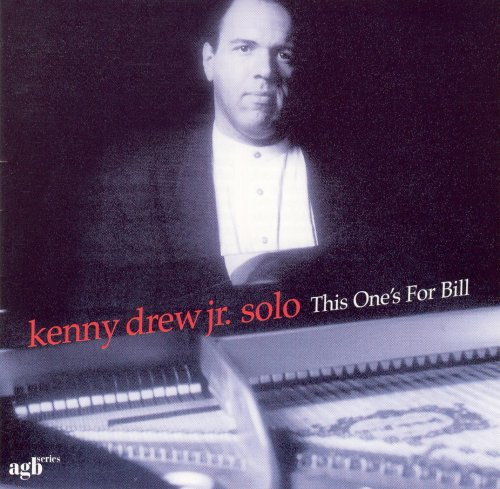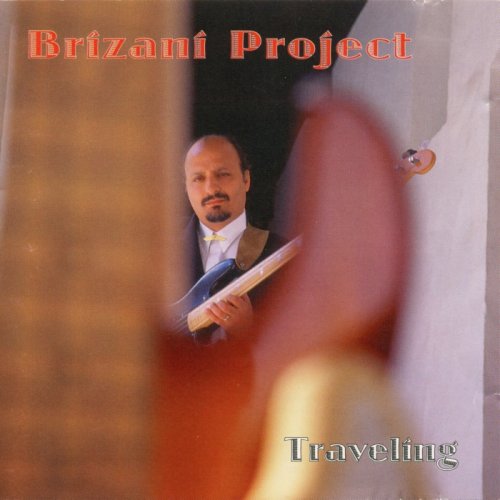Mojave 3 - Puzzles Like You (2006)
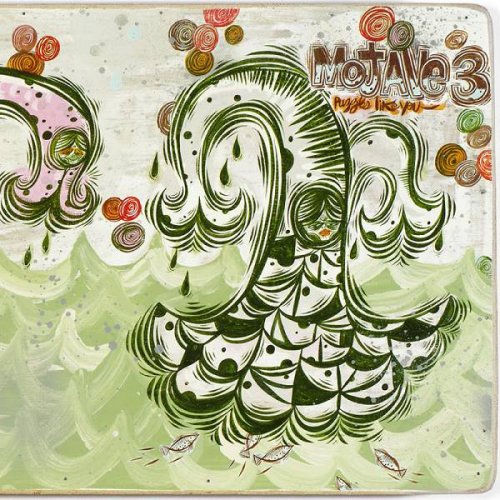
Artist: Mojave 3
Title: Puzzles Like You
Year Of Release: 2006
Label: 4AD
Genre: Rock, Folk Rock, Dream Pop, Shoegaze, Indie, Alternative
Quality: FLAC (tracks) | Mp3 / 320kbps
Total Time: 41:15
Total Size: 286 MB | 93,6 MB
WebSite: Album Preview
TracklistTitle: Puzzles Like You
Year Of Release: 2006
Label: 4AD
Genre: Rock, Folk Rock, Dream Pop, Shoegaze, Indie, Alternative
Quality: FLAC (tracks) | Mp3 / 320kbps
Total Time: 41:15
Total Size: 286 MB | 93,6 MB
WebSite: Album Preview
------------
01. Mojave 3 - Truck Driving Man
02. Mojave 3 - Puzzles Like You
03. Mojave 3 - Breaking the Ice
04. Mojave 3 - Running With Your Eyes Closed
05. Mojave 3 - Most Days
06. Mojave 3 - Big Star Baby
07. Mojave 3 - Ghost Ship Waiting
08. Mojave 3 - Kill The Lights
09. Mojave 3 - You Said It Before
10. Mojave 3 - To Hold Your Tiny Toes\
11. Mojave 3 - Just A Boy
12. Mojave 3 - The Mutineer
Former Slowdive leader Neal Halstead creates a collection of slick English pop and sunshiney Americana.
"Dreampop" was a term people used to describe Neil Halstead's former band, Slowdive. For the most part, the word referred to the sound of the stuff, the way the guitars were blurred and echoed till they sounded woozy and dreamlike. But there was also something dreamy about Halstead's songwriting-- something quaint, streamlined, and simple, like the Platonic ideal of the guitar-pop song. The chords came in slow-strummed batches of twos and fours; the melodies lilted over them in gentle, even patterns; the whole thing had the simple, comfortable feel of old country songs. The group's most notable cover even turned out to come from a Platonic-ideal country guy: Lee Hazlewood's slow-motion "Some Velvet Morning". And country's exactly where Halstead went when Slowdive split up and regrouped into Mojave 3: slow-motion English country music, lap-steel and all.
Puzzles Like You is another shift in sound and style, and another staying-the-same for the way Halstead writes (and presumably always will write) his songs. These tunes are as upbeat as anything the guy's ever recorded; some of them (like "Ghostship Waiting") even work up little heads of steam before racing out to an energetic finish. By Mojave 3 standards, they're positively rocking. But they're still Halstead songs-- still pop songs in the most idealized and dreamlike sense. They do slick English pop and sunshiney Americana, handclaps and rock'n'roll guitar bits, some bounce, some ballads, and all those pop staples: the earnest jangle, the starry-eyed harmonies, the innocent melodies. (The one thing the album never for a second backs off from is Halstead's constant stream of hooks.) It's the old guitar-pop dream-- guitar pop that's trying to be guitar pop, rather than thinking it's big, bad rock. People have been trying to make us swoon this way ever since the Beatles, who took acid and made their music "trippy" mostly by throwing in a bunch of quaint old backward-looking flourishes from the pre-war music hall. This music fits right in with that bouyant "perfect pop" crowd: Swoony whitebread from the Monkees to Teenage Fanclub (Halstead borrows one of their harmonies on "Big Star Baby"), from the Lightning Seeds and XTC to Fountains of Wayne. Ween do it all the time, and people give them a pass because it seems like they're kidding.
Yes, lots of bands attempt this, and the problem is that it involves walking a really fine line-- the line between sounding like you're offering up a comfy pop dream (on purpose) and sounding like you're offering toothless, wimpy, whitebread retro (because you don't know any better). Lucky for Halstead, he's spent most of his career on the right side of that line. The better part of this record is certainly charming, even more likeable than the folk that came before it; the group sounds like it's shed some kind of weight and finally feels free to go loose and happy. The first chorus appears within 30 seconds; the title track seems to be trying to rewrite "Different Drum" with even more melody; then there are a couple great songs about girls whose names start with the letter J. They're fuzzy-blanket comforting, totally doe-eyed, and surprisingly satisfying, especially if you're just drunk enough to want something sweet and pouty.
The only problem is that the magic fades. Through the first half of the record, it really is a dream. By the time you get to the second half, though, we start to toe the danger line. Halstead's ear for pop begins to sound rote, almost mechanical, and the weaker tracks-- say, "Kill the Lights"-- reveal themselves as simple 1960s retro, complete with by-the-numbers fills on bass and organ. Perfectly good hooks on "You've Said It Before" seem wimpy and cloying, too eager to please. It's as if enjoying the first half wears you out: By the time you hit the middle, all that suspension-of-disbelief starts to evaporate, and you just might start to remember exactly why people got tired of this sort of thing in the first place.
"Dreampop" was a term people used to describe Neil Halstead's former band, Slowdive. For the most part, the word referred to the sound of the stuff, the way the guitars were blurred and echoed till they sounded woozy and dreamlike. But there was also something dreamy about Halstead's songwriting-- something quaint, streamlined, and simple, like the Platonic ideal of the guitar-pop song. The chords came in slow-strummed batches of twos and fours; the melodies lilted over them in gentle, even patterns; the whole thing had the simple, comfortable feel of old country songs. The group's most notable cover even turned out to come from a Platonic-ideal country guy: Lee Hazlewood's slow-motion "Some Velvet Morning". And country's exactly where Halstead went when Slowdive split up and regrouped into Mojave 3: slow-motion English country music, lap-steel and all.
Puzzles Like You is another shift in sound and style, and another staying-the-same for the way Halstead writes (and presumably always will write) his songs. These tunes are as upbeat as anything the guy's ever recorded; some of them (like "Ghostship Waiting") even work up little heads of steam before racing out to an energetic finish. By Mojave 3 standards, they're positively rocking. But they're still Halstead songs-- still pop songs in the most idealized and dreamlike sense. They do slick English pop and sunshiney Americana, handclaps and rock'n'roll guitar bits, some bounce, some ballads, and all those pop staples: the earnest jangle, the starry-eyed harmonies, the innocent melodies. (The one thing the album never for a second backs off from is Halstead's constant stream of hooks.) It's the old guitar-pop dream-- guitar pop that's trying to be guitar pop, rather than thinking it's big, bad rock. People have been trying to make us swoon this way ever since the Beatles, who took acid and made their music "trippy" mostly by throwing in a bunch of quaint old backward-looking flourishes from the pre-war music hall. This music fits right in with that bouyant "perfect pop" crowd: Swoony whitebread from the Monkees to Teenage Fanclub (Halstead borrows one of their harmonies on "Big Star Baby"), from the Lightning Seeds and XTC to Fountains of Wayne. Ween do it all the time, and people give them a pass because it seems like they're kidding.
Yes, lots of bands attempt this, and the problem is that it involves walking a really fine line-- the line between sounding like you're offering up a comfy pop dream (on purpose) and sounding like you're offering toothless, wimpy, whitebread retro (because you don't know any better). Lucky for Halstead, he's spent most of his career on the right side of that line. The better part of this record is certainly charming, even more likeable than the folk that came before it; the group sounds like it's shed some kind of weight and finally feels free to go loose and happy. The first chorus appears within 30 seconds; the title track seems to be trying to rewrite "Different Drum" with even more melody; then there are a couple great songs about girls whose names start with the letter J. They're fuzzy-blanket comforting, totally doe-eyed, and surprisingly satisfying, especially if you're just drunk enough to want something sweet and pouty.
The only problem is that the magic fades. Through the first half of the record, it really is a dream. By the time you get to the second half, though, we start to toe the danger line. Halstead's ear for pop begins to sound rote, almost mechanical, and the weaker tracks-- say, "Kill the Lights"-- reveal themselves as simple 1960s retro, complete with by-the-numbers fills on bass and organ. Perfectly good hooks on "You've Said It Before" seem wimpy and cloying, too eager to please. It's as if enjoying the first half wears you out: By the time you hit the middle, all that suspension-of-disbelief starts to evaporate, and you just might start to remember exactly why people got tired of this sort of thing in the first place.
FLAC
IsraCloud : Download
Mp3
IsraCloud : Download
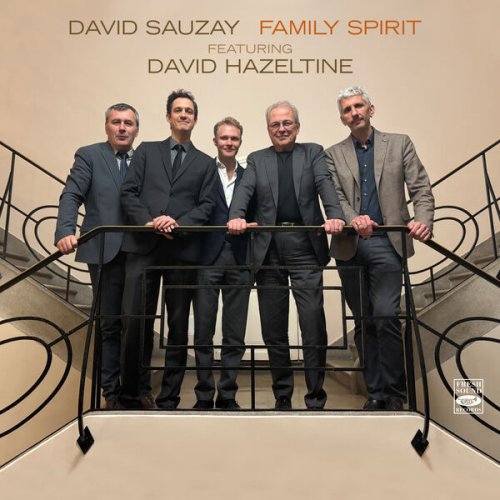


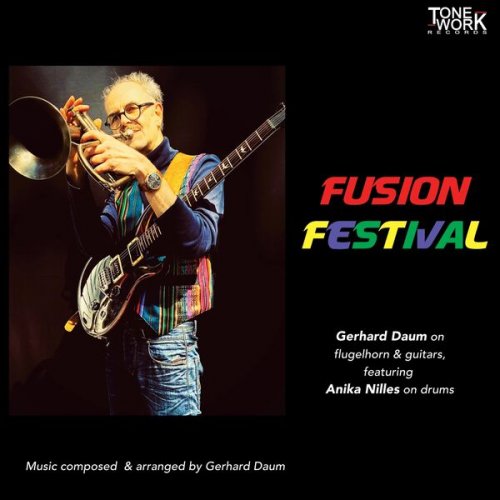
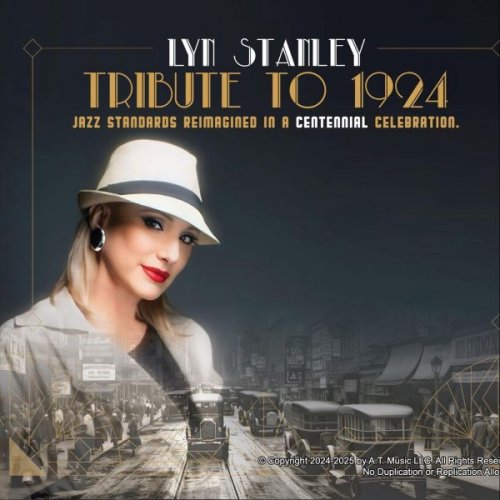
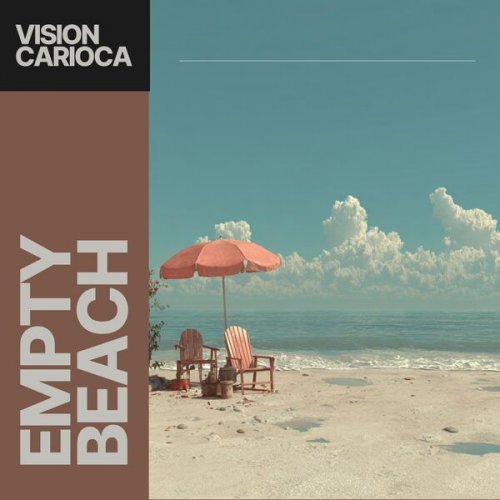
![Bill Champlin - Through It All (1994) [Japanese Edition] Bill Champlin - Through It All (1994) [Japanese Edition]](https://www.dibpic.com/uploads/posts/2026-02/1771699229_ff.jpg)
